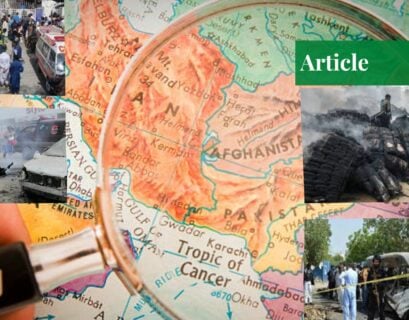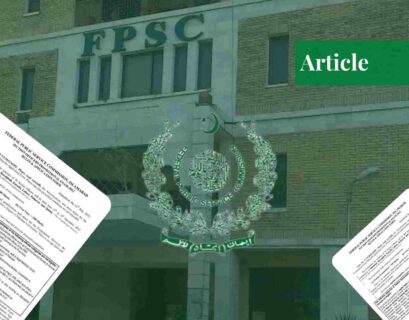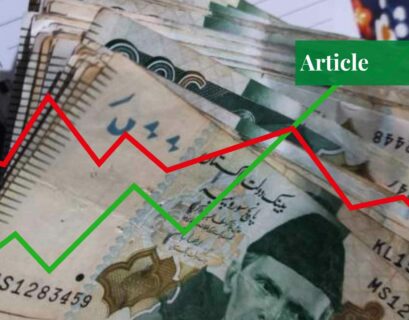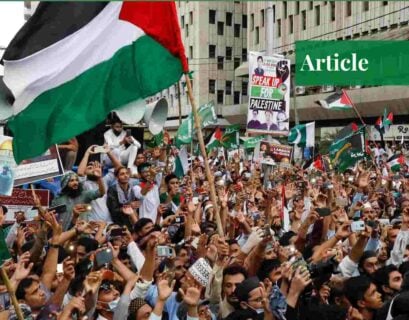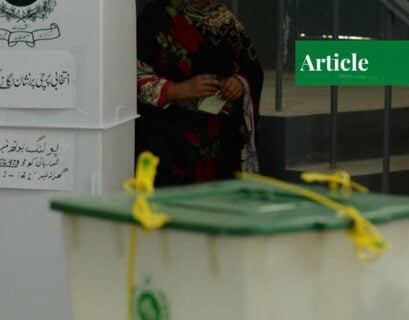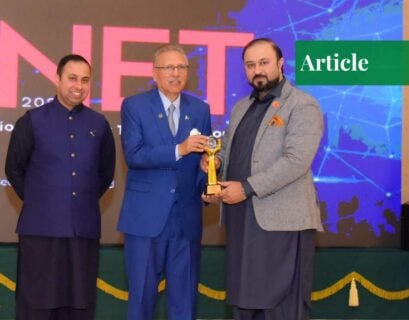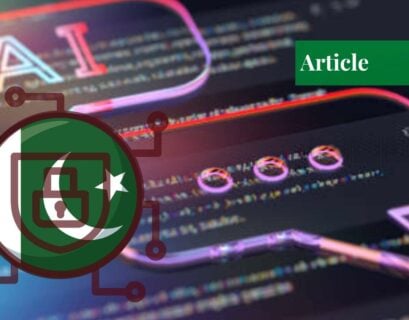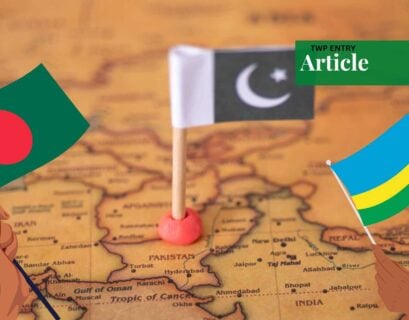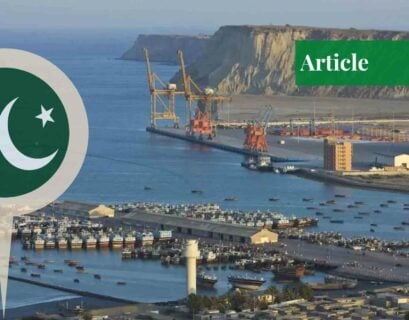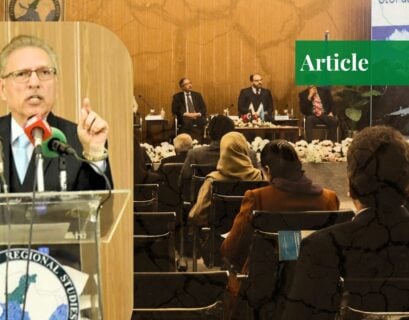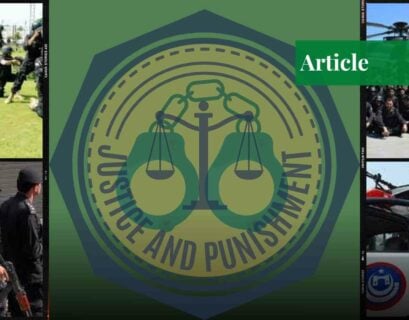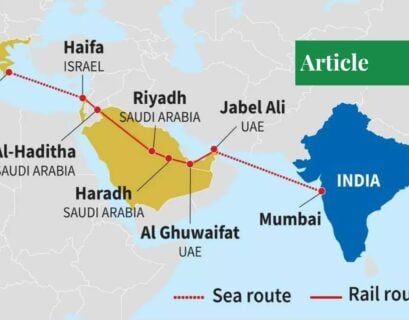Provincial Power Up: Analyzing the Devolution of Power in Pakistan
In Pakistan, the shifting patterns of political and military rules have had profound effects on the development of grassroots democracy, including on the form and design of local government institutions.
Accordingly, the nation has been subject to both ‘dictatorial democracy’ and ‘democratic dictatorship’ in terms of its municipal governments.
Fatimah Naeem and Haffiza Syeda Azkia Batool chart the evolution of decentralization, from the Devolution of Power Plan 2001 (DOPP) to the 18th Amendment.
Pakistan and Its Obsession with the CSS Exam
Pakistan’s Central Superior Services (CSS) exams are highly competitive and aim to recruit talented individuals for various government departments.
Maidah Tariq notes that the exams have evolved since Pakistan’s independence, encompassing a wide range of subjects to reflect the country’s administrative and socio-political needs.
Nowadays, everyone wants to apply for CSS exam. Why is it so?
Understanding Your WAPDA Electricity Bill
Understanding consumer electricity bills is a fundamental necessity for most Pakistanis. Maidah Tariq delves into effectively reading and managing your WAPDA electricity bill amidst the rampant corruption in the institution. She also provides recommendations to help consumers lower their electricity bills.
Terror Attacks in Pakistan: Role of Afghanistan in Promoting Instability
Since the American withdrawal from Afghanistan in 2021, Pakistan has consistently voiced its concern regarding the neighboring country’s harboring of terrorists. The recent surge in terror attacks in Pakistan, Iran, and Russia has reignited this concern, prompting questions about American interests in fostering instability in the region.
A Structural Overview of Pakistan’s Federal Public Service Commission (FPSC)
Pakistan, a country laced with natural and human resource potential, is nowhere closer to realizing its vision pertaining to economic sustainability. Quite naturally, uncertainty looms in the background as the graduates search for a secure financial direction. The Federal Public Service Commission (FPSC), a beacon of surefire hope for both urban and underprivileged areas, stands as a testament to one of the few transparent, merit-driven systems in Pakistan—a country ranking 133rd on the global corruption index as of 2023 reports.
In this article, Fiza Bibi Ameen summarizes FPSC’s constitutional history and the structural hierarchy that makes it regulate a smooth recruitment process in various government departments across the country.
Economy of Pakistan over the Years
With an external debt exceeding 130.1 billion dollars, Pakistan faces precarious debt levels, political instability, and deteriorating economic indicators.
The global economic downturn spurred by Covid-19 hit advanced economies hard and sent the growth rates of developing and underdeveloped states plummeting. The PTI government made modest gains, particularly in agriculture and manufacturing. However, deep-seated challenges such as energy crises and regulatory hurdles persisted.
Hamza Shariff concludes that Pakistan must prioritize structural reforms, invest in human capital, and diversify energy sources to unlock the nation’s economic potential.
Pakistan’s Diplomatic Tapestry: Unraveling the Threads of Foreign Policy in Support of Palestine
Mishayam Jan Ayub explores Pakistan’s enduring support for Palestine, tracing its diplomatic positions and public sentiments. She highlights Pakistan’s unwavering backing for Palestine in the country’s foreign policy, one rooted in historical and cultural ties as well as geopolitical considerations.
Shaping History: The First General Elections in Pakistan
In 1970, Yahya Khan, who imposed Pakistan’s second martial law, issued a Legal Framework Order for the first general elections. The landmark elections of 1970 ushered in a new era, setting the stage for significant changes in Pakistan’s political and territorial landscape. They not only left an indelible mark on Pakistan’s electoral history but also paved the way for future developments and decisions in the country.
Pakistan’s Greatest ODI Batters: A Data-Driven Journey Through Cricket History
Zain Ul Hassan presents a meticulous analysis of legendary players’ performances against top-tier bowling sides.
He explores statistical insights derived from the careers of iconic cricketers such as Babar Azam, Zaheer Abbas, Misbah-ul-Haq, and others.
He employs a unique metric called the “Quality Adjusted Average” to assess how these batsmen fared against formidable bowling attacks, providing readers with a nuanced understanding of their achievements.
BizNet 2024: Embracing Financial Inclusion & Business Transformation
BizNet, Pakistan’s premier platform for innovation, creativity, and entrepreneurship, celebrated its third successful edition at the President House Islamabad in association with Women Business Network.
Artificial Intelligence and National Security: A Way Forward for Pakistan
Noman Ali Kalhoro identifies the loopholes and shortcomings in the draft national AI policy by the Ministry of Information Technology and Telecommunication, a document that has the potential to shape Pakistan’s roadmap towards a competitive posture in this technological era.
By examining the US’s National Artificial Intelligence Initiative and China’s New Generation Artificial Intelligence Development Plan, he showcases their guiding principles, ideology, and implementation methods while investigating the influence of AI in the national security paradigm.
The Fault in Our Stars: Pitfalls in Pakistan’s Economic Development
As Pakistan approaches its 77th anniversary, Aiman Shahid reflects on its journey.
Impacted by political turmoil and a neglect of economic development, Pakistan trails behind other developing nations such as Bangladesh – a state once poorer than Pakistan, now emerging as a success story, overcoming adversity through strategic reforms and empowering its female workforce.
Comparing Pakistan to African developing states, she also highlights valuable insights from Rwanda’s path to progress, which could transform Pakistan’s economy and help the South Asian state achieve its development goals. As the nation stands at a crossroads, it must confront its identity crisis and persevere to shape a brighter future.
Anchors Aweigh: Pakistan’s Seaports in the Global Trade Network
The seven major seaports—Karachi Port, Gwadar Port, Port Muhammad Bin Qasim, Keti Bandar Port, Ormara Port, Pasni Port, and Jiwani Port—play crucial roles in global trade dynamics, development, and security.
Fatimah Naeem argues that challenges like insufficient infrastructure, political instability, security concerns, and socioeconomic pitfalls have hindered the proper utilization of these ports.
Despite this, there is still a chance for the country’s growth and progress if there’s an emphasis on strategic investments.
Regional Dialogue 2024: Advocating Sustainable Agriculture and Climate Resilience
At the Regional Dialogue 2024, hosted by the Institute of Regional Studies (IRS), President Arif Alvi emphasized the imperative role of modern agricultural technology in tackling the climate crisis.
Proposing upgrades to Pakistan’s agriculture sector, he advocated for sophisticated irrigation methods and adherence to international standards and guidelines.
During the three-day dialogue, DG (ISSI) Ambassador Sohail Mahmood, former foreign minister, Inam Ul Haque, the current foreign minister, Jalil Abbas Jilani, and Aisha Khan of the Civil Society Coalition for Climate Change also addressed the issue.
Efforts to Curb the Drug Menace in KP
Nothing hampers economic growth more than a disorderly and chaotic society, especially where illicit drugs run free in the market.
Syed Salman Mushtaq Gilani focuses on the Anti-Narcotics Act 2017 and its impact on drug control within the KP province, especially on the youth.
From Legislation to Implementation: Evaluating the KPK Police Act, 2017
In 2017, the KPK Police Act was introduced as a step towards reforming the institute. The act was further amended in 2021; however, its effectiveness remains in question. Though additional reforms have also been introduced within the KPK Police, Arham Zahra analyzes the 2017 Act and addresses the challenges in its implementation.
Insight into the India-Middle East-Europe Economic Corridor (IMEC)
The India-Middle East-Europe Economic Corridor (IMEC) is positioning itself as a competitor to China’s Belt and Road Initiative (BRI). Minahil Khalid expands on how this initiative materialized after the September 2023 G20 summit. IMEC holds significant economic and strategic importance as it connects India, the Arabian Gulf, and Europe, thereby establishing a trade route with the potential to reshape global trading dynamics. The impact of IMEC on Pakistan needs to be assessed, considering that this corridor may pose challenges to the success and involvement of the China-Pakistan Economic Corridor (CPEC) in the region.



